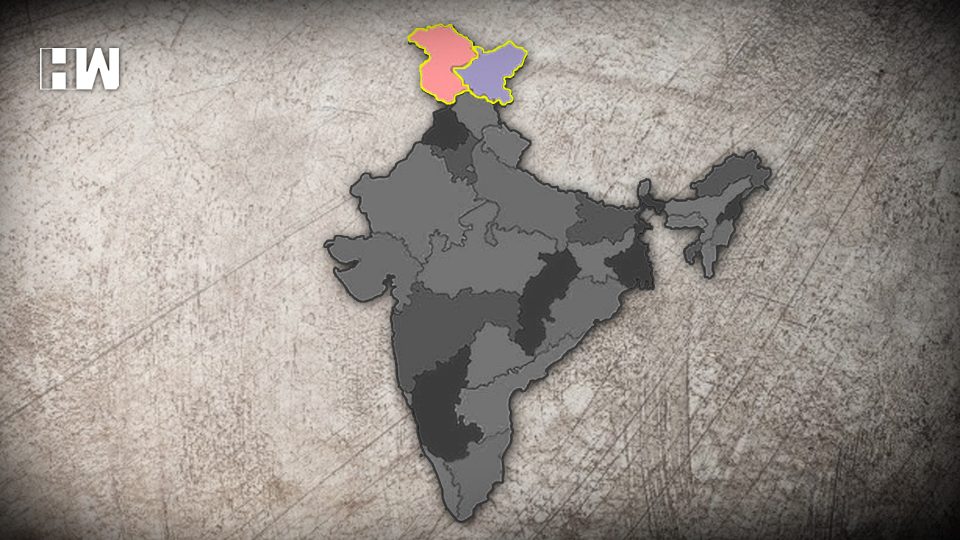In J&K assembly, the number of seats will be now extended from 107 to 114 after delimitation. 24 seats will remain vacant as they fall under PoK.
From midnight of 30th October, Jammu and Kashmir ceased to be a state. The region is divided into two Union Territories i.e Jammu and Kashmir, and Ladakh.
The two Union Territories- Jammu and Kashmir, and Ladakh are now under the direct rule of the centre. Ladakh will be the Union Territory without a Legislature, like Chandigarh whereas Jammu and Kashmir will have their own legislature. But this also means there will be some fundamental changes in the functioning of the states.
Changes made after The Jammu and Kashmir Reorganisation Act came into effect
- In J&K the number of seats 107 elected MLAs in the Assembly will be now extended to 114 in after delimitation. 24 seats of the Assembly will continue to remain vacant as they fall under Pakistan occupied Kashmir.
- From 31st October the High Court and the Judges of High Court of J&K will be common for both the Union Territories. There is a restriction on a discussion in the Legislative Assembly. “No discussion shall take place in the Legislative Assembly with respect to the conduct of any judge of the Supreme Court or of a High Court in the discharge of his duties,” the act says.
Also Read: POK is part of India and it will always remain ours: Jaishankar
- All Indian Services like the Indian Administrative Service (IAS) and the Indian Police Service (IPS), and the Anti-Corruption Bureau (ACB) will be under the control of the LG, unlike previously under the elected government of J&K.
“The members of the cadres of Indian Administrative Service, Indian Police Service and Indian Forest Service for the existing State of Jammu and Kashmir, on and from the appointed day, shall continue to function on the existing cadres,” the act says.
It states that the provincial service officers will continue serving in their current positions until a new order is issued by the Lieutenant Governors of the two new Union Territories. For future appointments, service officers to be posted in the UTs of Jammu and Kashmir or Ladakh will be borne by the Union Territory cadre.
- Unlike in Delhi, the Centre has left the land as a subject under the elected government. The land will be with the elected government of the Union Territory of Jammu and Kashmir. In Delhi, the LG exercises control through the Delhi Development Authority (DDA), a central government entity.
The act says matters related to land, that is to say, rights in or over it, land tenures, transfer and alienation of agricultural land, land improvement and agricultural loans will be under the domain of the elected government of Jammu and Kashmir.
Land revenue, including the assessment and collection, maintenance of land records, survey for revenue purposes and records of rights, and alienation of revenues will also come under the purview of the elected government.
- Since Ladakh will not have its own Assembly, the subjects of land, police, law and order will be under the Ladakh LG, through whom the Centre will administer the high-altitude region.
- The Centre will be in direct control of the police and law and order in Jammu and Kashmir. The Jammu and Kashmir Reorganisation Act says: “The Legislative Assembly may make laws for the whole or any part of the Union territory of Jammu and Kashmir with respect to any of the matters enumerated in the State List, except the subjects mentioned at entries 1 and 2, namely “Public Order” and “Police” respectively or the Concurrent List in the Seventh Schedule of the Constitution”.
Police and law and order in Delhi and Puducherry are controlled by the Centre through the Lieutenant Governor (LG).
As an independent media platform, we do not take advertisements from governments and corporate houses. It is you, our readers, who have supported us on our journey to do honest and unbiased journalism. Please contribute, so that we can continue to do the same in future.

